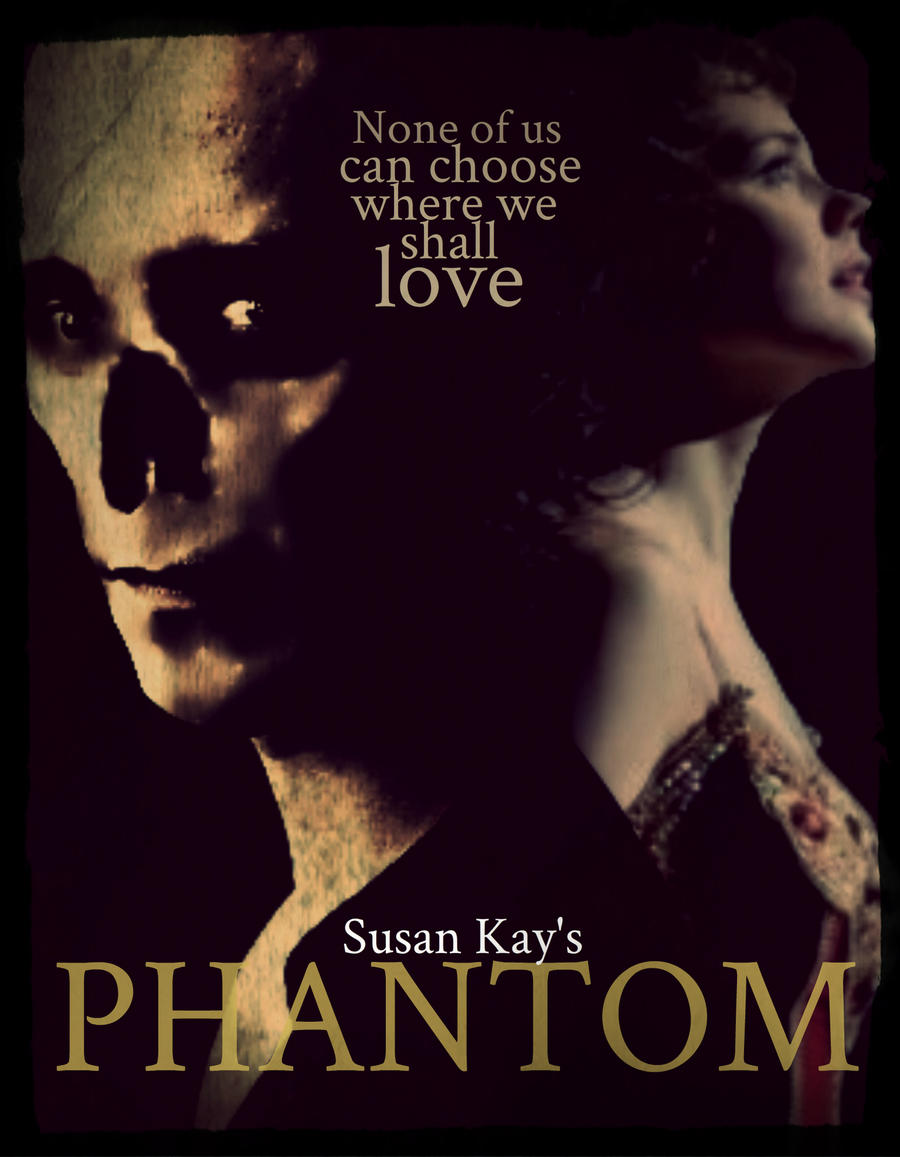the summer before i came here, i had an accumulative two weeks to spare. my summer was filled with jobs and vacations and camps, leaving me with the occasional saturday and the last week of july.
on june 10th, i took the act. that night, i was at a friend’s farm on the other side of town, setting his chemistry notes on fire. there were six of us–five in chemistry together, and another who just wanted to tag along.
i’d never done anything like it before. i’ve never been to high school parties, never had the friends that would invite me to hang out after school. i haven’t been to a single sleepover in two years. my friends were always temporary fixes, and i still don’t know which of us was the one getting fixed.
half of us were leaving. two of us going to the mississippi school for math and science, and one–me–going to mississippi school of the arts.
this was our one last hurrah before three of us never set foot in the halls of hernando high school again.
we ordered pizza and listened to music and rode around in the back of a stick-shift truck around one kid’s farm. we set pizza boxes and old notes on fire and rolled down a hill inside a huge piece of tubing that was just laying around under an awning. i still have a quarter-sized dark spot on my left knee from one particular roll where we all toppled over ourselves, scraping knees and dirtying clothes.
i’d never felt like there was anything in this town that i would miss until i sat in the back of that truck, wind pulling my hair into my mouth and behind my glasses, watching the trees and tall grass blend into streaks of green. until i watched the orange flames crackle in blue darkness as my favorite songs echoed from the cabin behind us. until i felt the sting of new scars on my kneecaps. i took a lot of pictures that day, and every now and then i still find myself admiring that particular sunset with our wind-blown backs in the foreground.
another night, four of us went to another kid’s house and walked around the woods behind his family’s property. we tried to start another fire, but the freshly rained-on grass wouldn’t let sparks catch. so we decided to drive to the park and around town, the sky already that particular shade of navy where you can just slightly differentiate it from the black silhouettes of trees, one of my favorite bands blaring through the open windows of his car. i took two pictures that night, both fuzzy flashes of fuzzy memories, but they’re two of my favorite pictures i’ve ever taken.
after seven years of craving suburbia, i’d finally found it. i’d finally found the people who made home a place for my heart to live in, to feel warm in.
suburbia never came to me with people i used to tell everything to. it came to me with people i’d known since we were all nine years old but had hardly gotten to know until we all happened to have chemistry together. maybe the academic chemistry had more to do with it than the personal chemistry, but maybe it doesn’t matter.
those nights are still soundtracked by my favorite songs, whether the songs came from the cabin’s external speakers or a car’s internal ones. with my old friends, one of the biggest things we had in common was always music. now, i can’t even imagine what songs they may now call their favorites. maybe i’ve finally changed enough that they can’t imagine mine, either.

